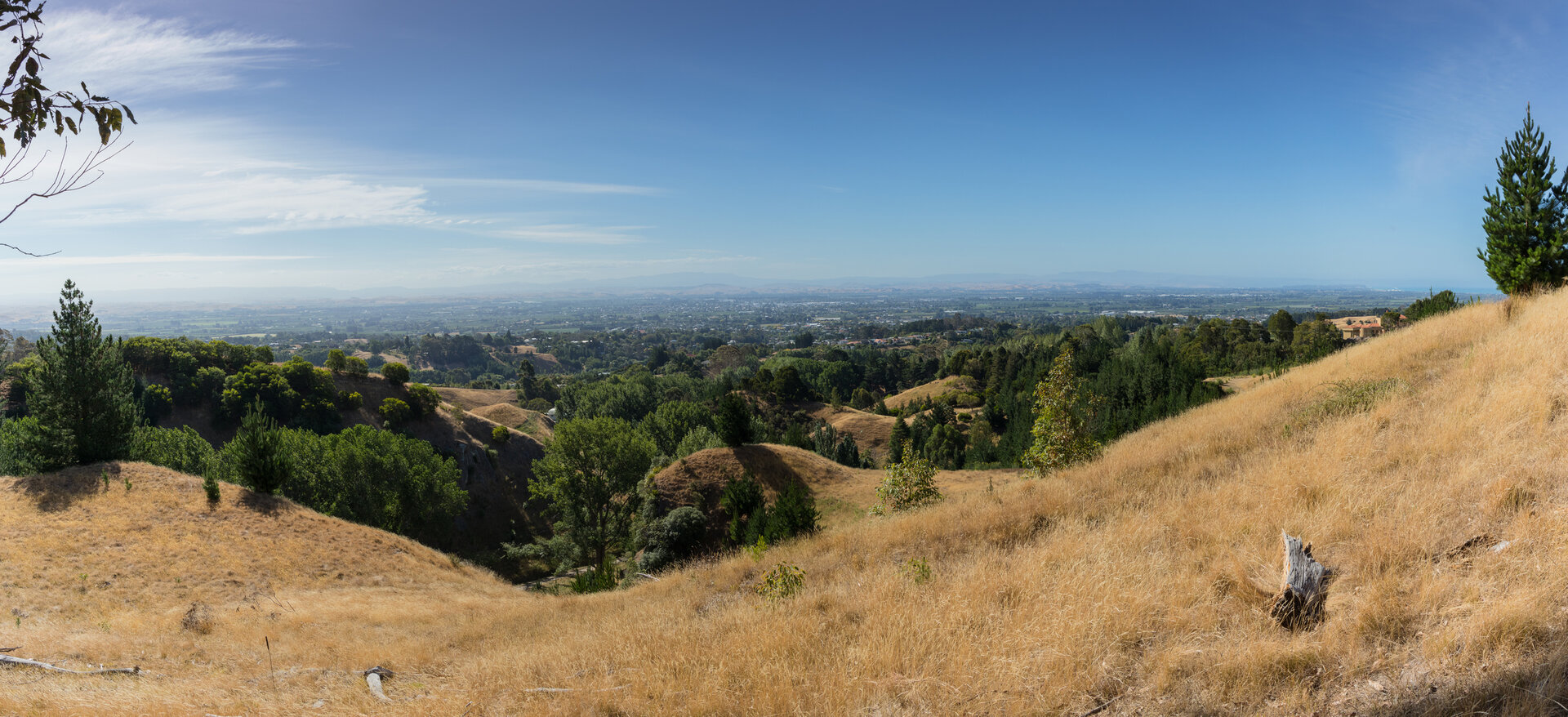We all feel lonely and friendless at times. Let the devo by Keila Ochoa remind us to be a true friend to others.
Our Daily Bread - The Good, the Bad, the Ugly - February 8, 2017
Read: 1 Samuel 20:35–42
Never will I leave you; never will I forsake you.—Hebrews 13:5
A dear friend of mine sent me a text message that said, “I’m so glad we can tell each other the good, the bad, and the ugly!” We have been friends for many years, and we have learned to share our joys and our failures. We recognize we are far from perfect, so we share our struggles but we also rejoice in each other’s successes.
David and Jonathan had a solid friendship too, beginning with the good days of David’s victory over Goliath (1 Sam. 18:1-4). They shared their fears during the bad days of Jonathan’s father’s jealousy (18:6-11; 20:1-2). Finally, they suffered together during the ugly days of Saul’s plans to kill David (20:42).
Good friends don’t abandon us when external circumstances change. They stay with us through the good and the bad days. Good friends also may point us to God in the ugly days, when we may feel tempted to walk away from our Lord.
Real friendships are a gift from God because they exemplify the perfect Friend, who remains loyal through the good, the bad, and the ugly days. As the Lord reminds us, “Never will I leave you; never will I forsake you” (Heb. 13:5). —Keila Ochoa
Dear Lord, I thank You for the good friends You have placed in my life, but above all, I thank You for Your friendship.
Read about living in the power of the Spirit and serving one another in love at discoveryseries.org/q0214.
A friend is the first person who comes in when the whole world has gone out.
INSIGHT: Although Jonathan was the son of the king and in line for the throne, he was willing to sacrifice his own advancement and, instead, promote David. Throughout the years of their relationship, Jonathan showed the hallmarks of a true friend and brother, regarding David as more important than himself and seeking to put David’s interest ahead of his own. What are some characteristics of lasting, meaningful friendships (see Prov. 17:17)? What kinds of sacrifices are necessary in order to build a significant friendship (see Phil. 2:3-4)? How can our friendships represent the heart of Christ for us? (see John 15:15). Bill Crowder

